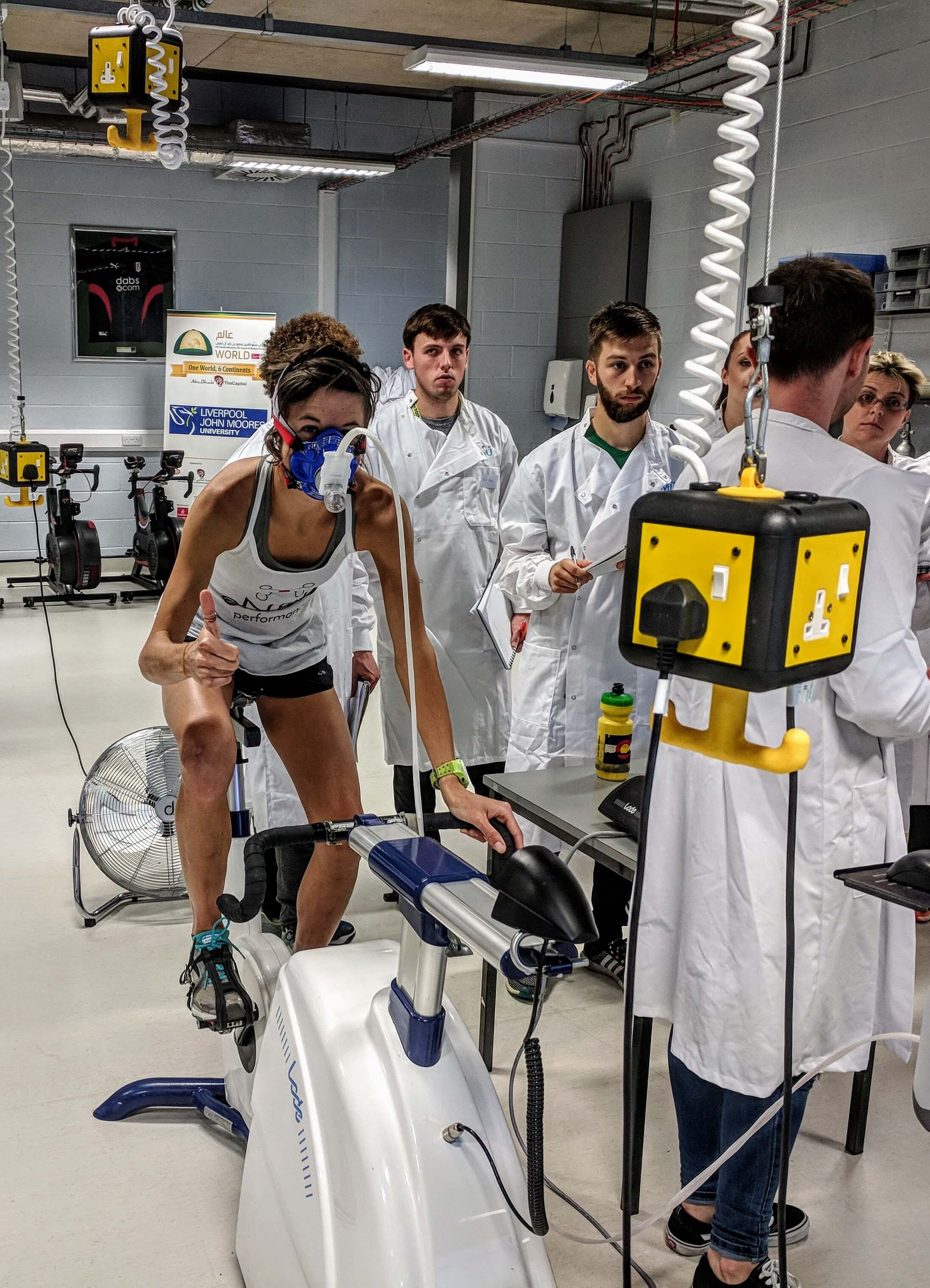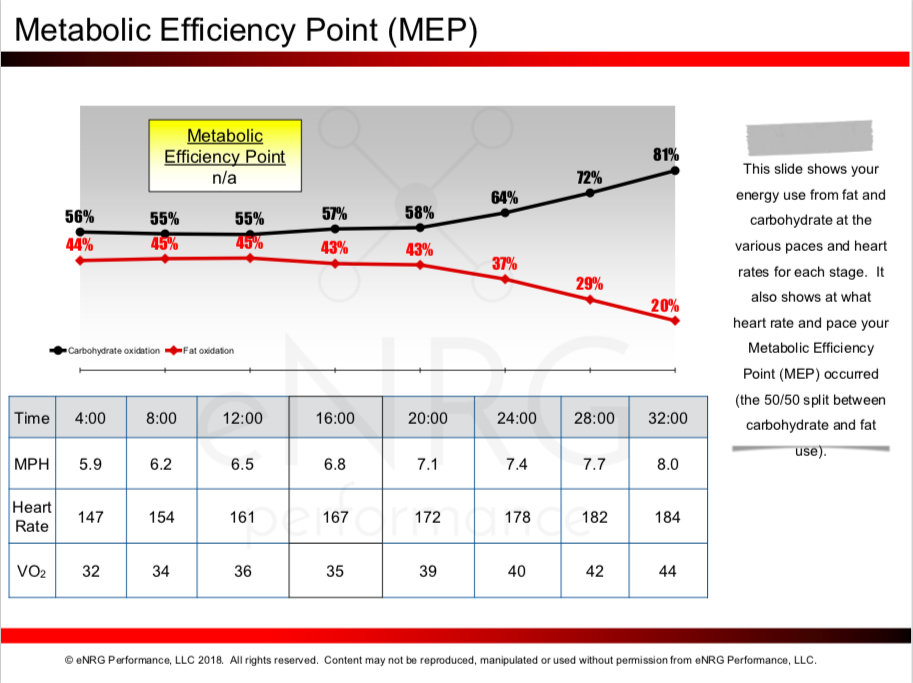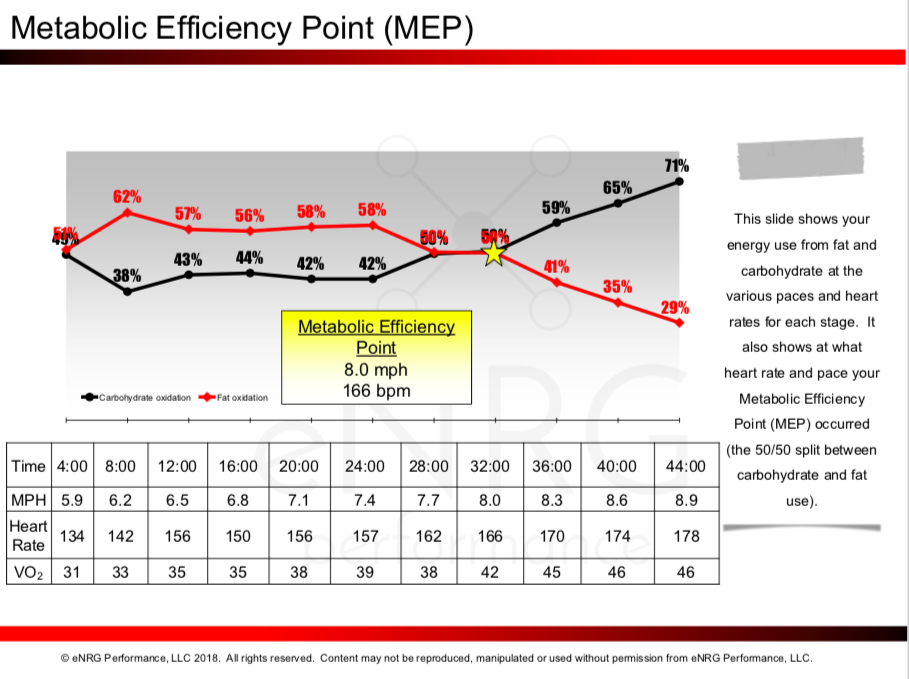
Heidi Strickler
Registered Dietitian/Nutritionist
Heidi graduated with a triple degree in Dietetics, Nutrition in Sports & Exercise, and Exercise Science, from Seattle Pacific University in Seattle, Washington. She completed her Dietetic Internship in Illinois, and moved back to Seattle in early 2014 to begin her career as a Registered Dietitian.
Heidi has spent most of her professional career at Experience Momentum, a functional wellness clinic in Lynnwood, Washington, where she worked with clients in both nutrition and fitness coaching. Heidi specializes in sports and performance nutrition, oncology nutrition, sustainability, and plant-based eating. She works with high school, collegiate, and adult team sports, CrossFit athletes, and endurance athletes, including runners, triathletes, cyclists, swimmers, and obstacle course racers. As an endurance athlete herself, Heidi’s primary focus is with endurance athletes.
Show Notes
As we spoke in the previous episode – Metabolic efficiency training and nutrition periodization with Bob Seebohar, metabolic efficiency training is from a large part about controlling your blood sugar response and training your body to be better at utilizing fat for fuel and how we can teach it to do that by manipulating our nutrition. Specifically by reducing carbohydrate availability.
Plant-based and vegan food tend to be higher in carbohydrates. Even plant based sources of protein come with a carbohydrate load, while animal sources of protein usually come with fat or in better case, lean protein.
Therefore it might be challenging for a plant based athlete to reduce their carbohydrate intake, unless he or she pays attention to their nutrition.
This is just one of the topics that we address in the latest podcast episode with Heidi Strickler, who specializes in metabolic efficiency training and works with endurance, OCR, plant-based athletes.


